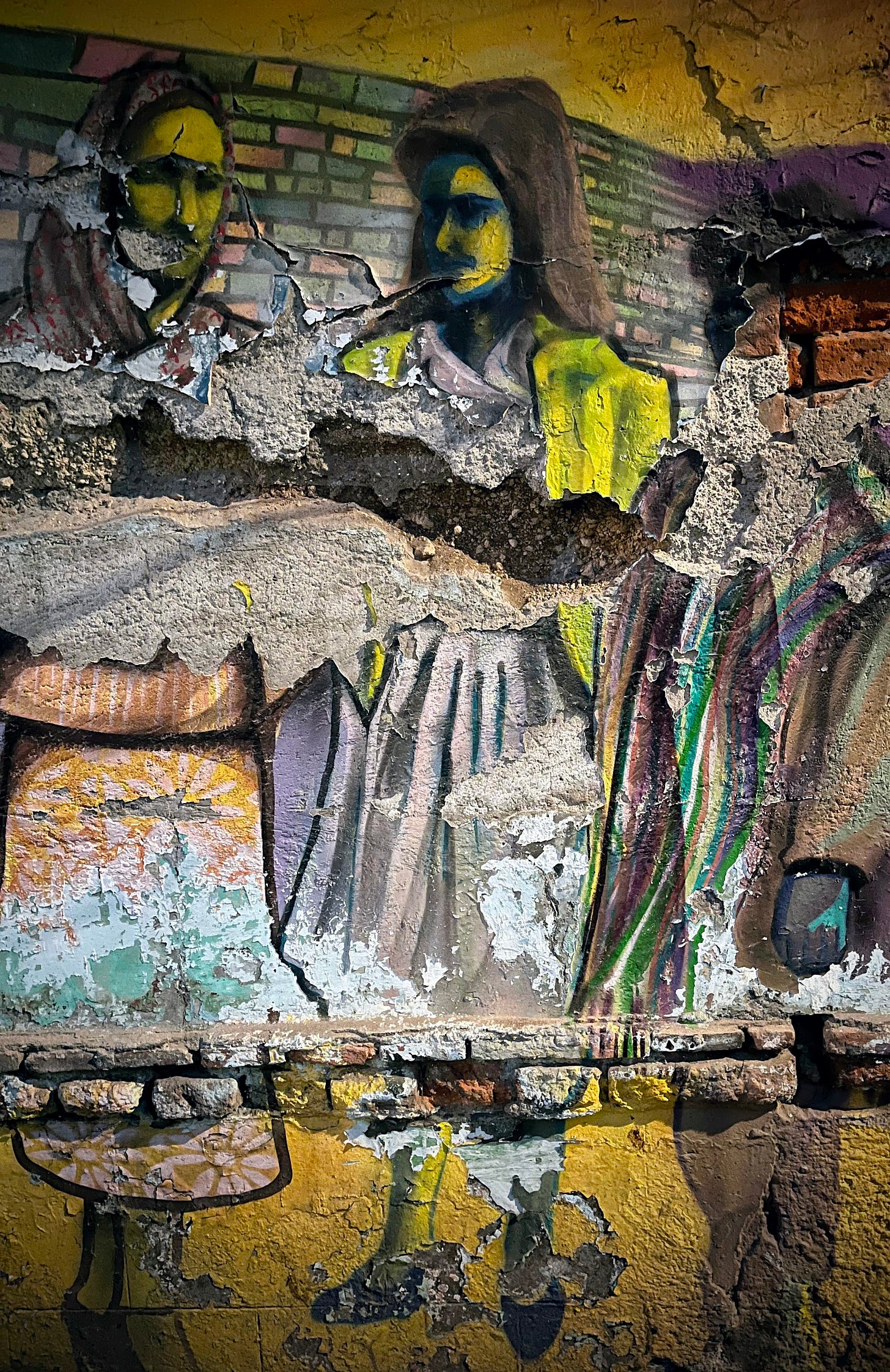The Classical Marxist Minimum-Maximum Program
The Russian Social Democratic Labor Party and the Socialist Party of America clearly defined democracy
We host a reading group each Sunday at 3 PM EST. We are working through “Equal Human and Political Rights and Democratic Republicanism,” created by blog contributors. Below is the introduction to Section Seven, covering the development of Marxist programs and the demand for a democratic republic.
We must leave U.S. history and politics aside to explore the formation and development of the European Marxist Social-Democratic parties from 1863-1914. This detour is necessary because Europe during these years was where democratic and socialist theory and strategy were elaborated most fully. Eventually, these European developments circled back to the U.S. to influence the thinking of American socialists and communists before and after WWI. In 1850, in the wake of the defeats of the 1848 revolutions, Marx said the workers “must go through 15, 20, 50 years of civil war to change existing conditions, to make yourselves fit to exercise power.” A lot happened between 1850 and 1875, including the founding of the First International, the U.S. Civil War and Reconstruction, the unification of Germany, the Paris Commune, and intensifying industrialization. However, the working class could not form a stable political party in any country during those years. 1875-1914 was when these parties formed and reached the height of their power before disaster struck in 1914.
The Russian Social Democratic Labor Party’s (RSDLP) 1903 program and the Socialist Party of America’s (SPA) 1912 program clearly define democracy. Too often, socialists who talk about democracy don’t define their terms. Abstract demands for democracy miss that political democracy is impossible under the existing Constitution. Any discussion about democracy must confront the Constitution head-on as the primary source of political and social domination. As the fourth point in the 1869 Eisenach party program states, “Political freedom represents the most essential precondition for the economic liberation of the laboring classes. Consequently, the social question is inseparable from the political one; its solution is conditional on the latter and is only possible in a democratic state.”
Being for a democratic republic does not mean being only for a democratic republic. The classical Marxists were for a democratic republic because they saw it as necessary to advance to socialism. That’s why they called themselves Social Democrats, which means the same thing as Social Republicans or Red Republicans. However, the explanation of the relationship between democracy and socialism in the party programs is not equivalent to and does not translate one-to-one to the content of the political agitation for the primary political goal of a democratic republic. That content, as What Is To Be Done? stresses, is overwhelmingly concentrated on the immediate primary task of conquering state power. The economic policies that we would like to implement after taking state power can be outlined in advance but will necessarily depend on the political composition of the new democratic government. The core of a new party has to form around the primary demand of a democratic republic rather than as a coalition of factions who would like to create a socialist party but don’t agree the primary strategic goal of that party is a democratic republic.
Sources: The People's Charter 1839, Demands of the Communist Party of Germany 1848, The Gotha Program 1875; Program of the French Socialist Party; 1887 Emancipation of Labor Draft Program; Critique of the Draft Erfurt Program, Friedrich Engels; 1903 Party Program, Russian Social Democratic Labor Party; 1912 Party Program, Socialist Party of America




